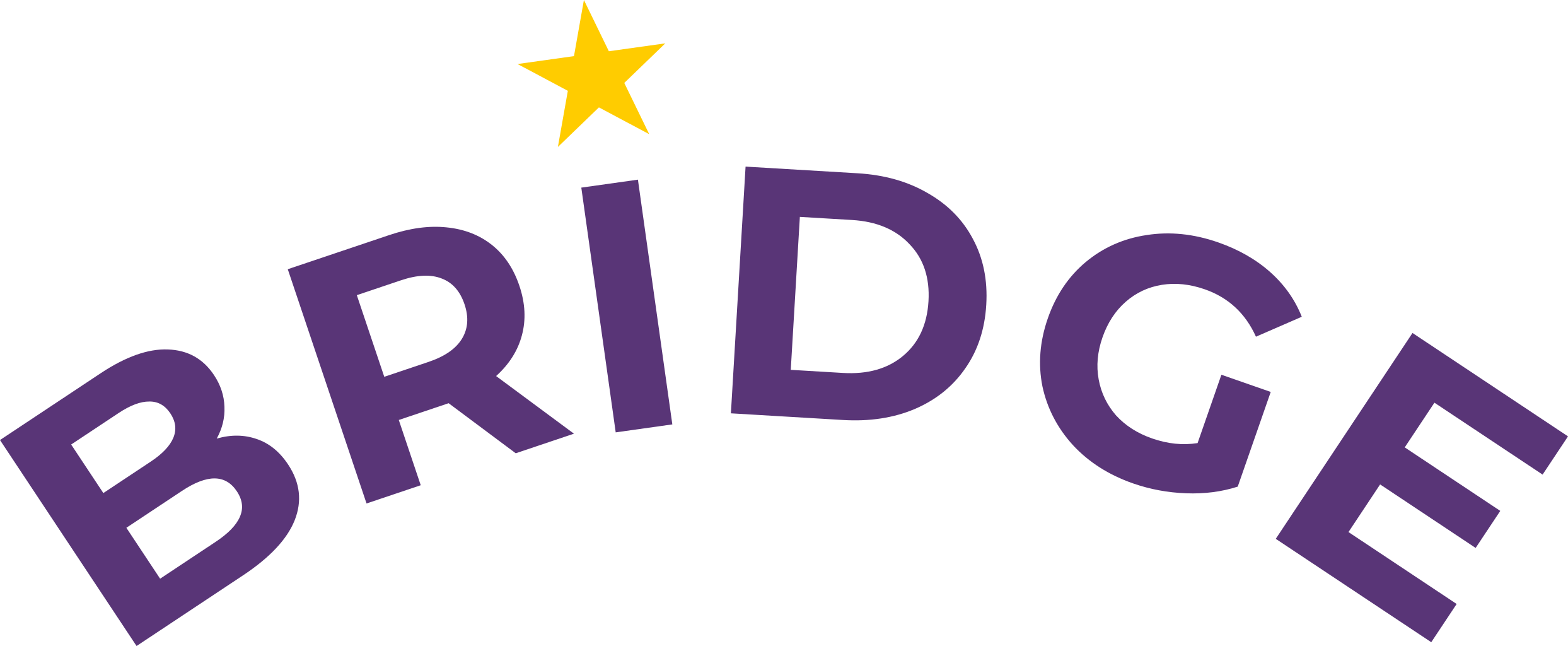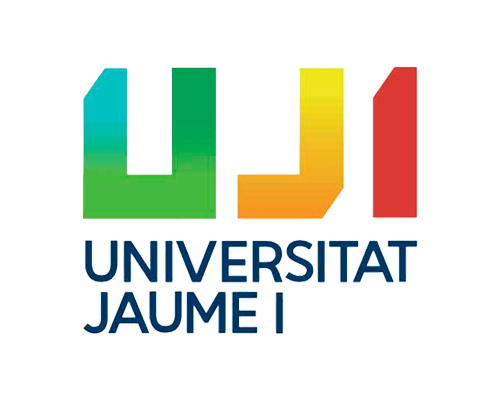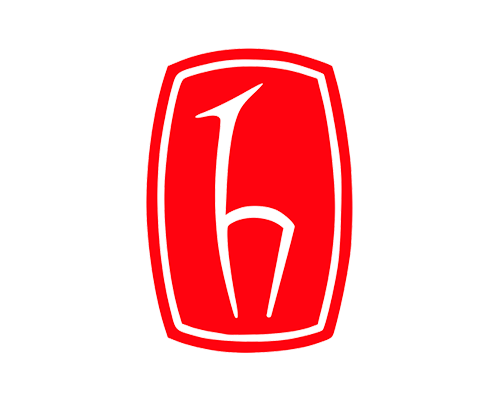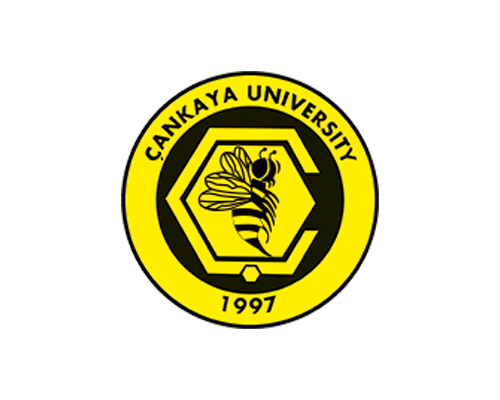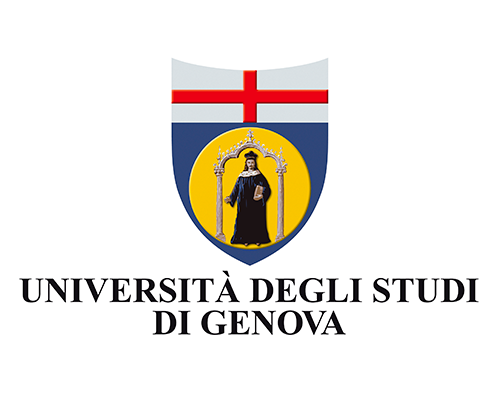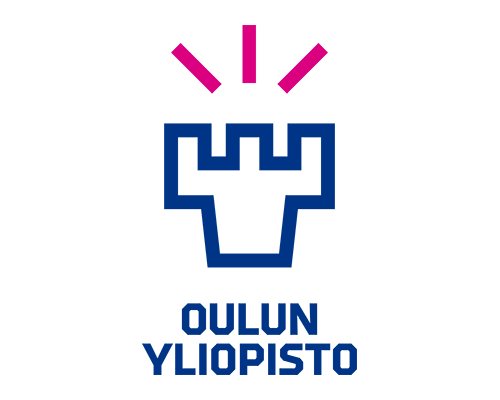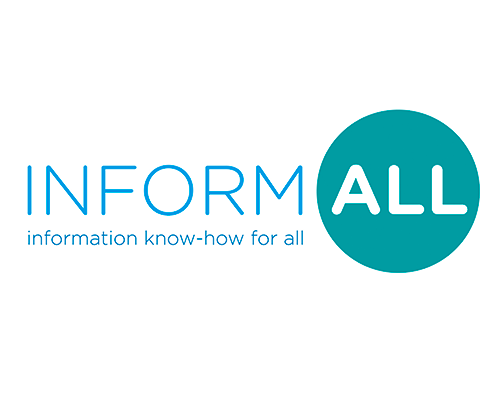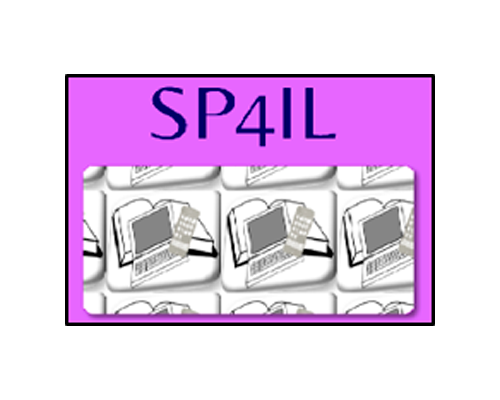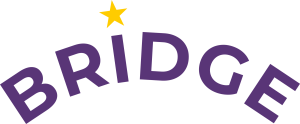About Us
Universitat Jaume I
(Spain)
Hacettepe Universitesi
(Türkiye)
Cankaya Universitesi Vakfi
(Türkiye)
Università degli Studi di Genova
(Italy)
Oulun Yliopisto
(Finland)
Ionian University
(Greece)
InformAll
(United Kingdom)
SP4IL
(United Kingdom)
Project title
Information and Digital Literacy at School. A Bridge to Support Critical Thinking and Equality Values for Primary Education Using Children’s Literature and Transmedia
(BRIDGE)
Project code
2021-1-ES01-KA220-SCH-000032527
Description
As highlighted by UNESCO, beyond its conventional concept as a set of reading, writing and counting skills, literacy is now understood as a means of identification, understanding, interpretation, creation, and communication in an increasingly digital, text-mediated, information-rich and fast-changing world.
Information literacy is the ability to think critically and make balanced judgements about any information we find and use. It empowers us as citizens to develop informed views and to engage fully with society (CILIP, 2018). It is associated and overlaps with other literacies, such as digital literacy and media literacy.
BRIDGE will endeavour to foster information literacy (as well as digital, visual and media literacy) as a vital basis for educating an informed, aware, engaged and active citizenry that will stand up to disinformation, hate speech and fake news, enhancing the relevance of curiosity, empathy, enquiry-based learning and critical thinking, starting from childhood. To this end, information literacy should be placed at the heart of education.
In order to promote information and digital literacy in primary education, it is essential to have appropriate training resources, as well as examples of good practices that stimulate teachers and other involved agents, such as school librarians. Thus, the main purpose of BRIDGE is to create a transnational cooperation network for the exchange of good practices and resources for the joint promotion of information and digital literacy as a way of underpinning education in equality values in primary schools. This will enable key actors to make better use of digital technologies, develop innovative teaching, training and learning methods, promote non-formal learning and have quality resources to develop activities. The proposal is aimed for children in the approximate middle primary school stage (aged 8-11 years) and intends to take advantage of the educational potential of children’s literature (especially picture books) and transmedia to engage with students about equality, diversity and inclusiveness and global citizenship, and as a door to information and digital literacy activities that help to encourage inquisitiveness, informed, enquiry-led learning and critical thinking.
Who is it aimed for?
- Primary school students (approximate middle primary school stage, aged 8-11 years), and their families.
- Primary school educators (i.e. teachers from primary education centres/schools, librarians, university staff from departments of Primary Education and Library & Information Science).
- Educational institutions (schools and also universities, i.e. Education and Library & Information Science departments where future primary school teachers are educated).
- Educational leaders, particularly those responsible for setting the school curriculum.
- Regional teacher offices, networks and stakeholders.
- School libraries and public libraries.
Project Results
GO TO REPORT →
GO TO PORTAL →
GO TO TRAINING →
